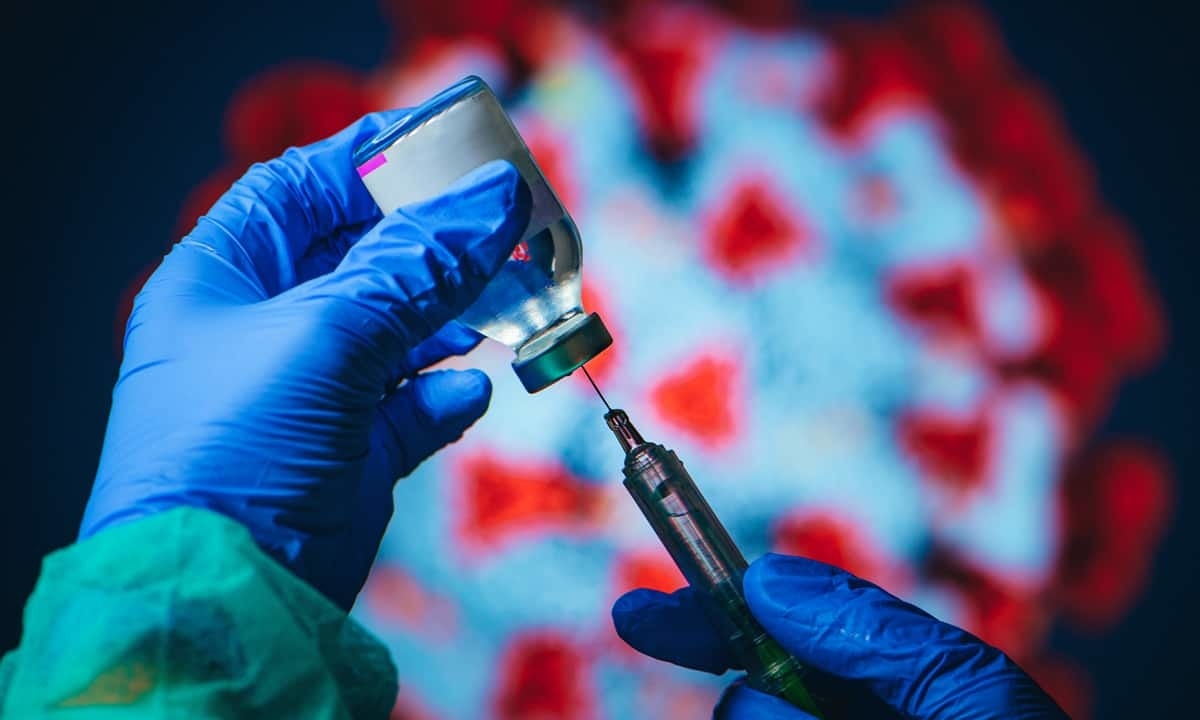
COVID-19 Vaccine Recommendations for IBD Patients
Recognizing the urgency and need for a COVID-19 vaccine, the U.S. Food and Drug Administration (FDA) implemented a process of reviewing and approving a vaccine under the Emergency Use Authorization (EUA). Two vaccines (Pfizer-BioNTech COVID-19 Vaccine and Moderna COVID-19 Vaccine) are currently available for certain populations.
Are the COVID-19 Vaccines Safe for IBD Patients?
Both vaccines have been developed and approved through a three-phase clinical trial process, similar to the phases that are used to develop, test, and approve medications, with around 30,000-40,000 participants in each trial. While there is no specific data yet for IBD patients, from the standpoint of safety and effectiveness, it is recommended that—regardless of the specific treatment IBD patients may be receiving—they get a vaccine.
As more healthcare professionals are vaccinated, some of which likely have IBD, and as IBD patients themselves become vaccinated, the Crohn's & Colitis Foundation and its partners will start to look at the effectiveness in these patients. The world’s health experts are unified in their recommendation for IBD patients to get the vaccine, but do not hesitate to ask your healthcare professional questions if you have them.
There are no safety concerns with IBD patients receiving the vaccines, but there may be a reduction in the vaccine’s effectiveness—this is simply not yet known; it may be just as effective as with the general population. Even if you have tested positive for COVID-19 in the past, it is recommended that you get the vaccine; the caveat to this is if you recently tested positive or were exposed to COVID-19, you should first complete your quarantine period.
What to Expect Upon Being Vaccinated
Inflammatory bowel disease (IBD) is a chronic inflammation of the digestive tract, and typically includes Crohn’s disease and ulcerative colitis. The vaccines are not expected to exacerbate IBD, and as with other vaccines, it is not expected to activate IBD.
That said, vaccines are designed to have a reaction—which is your body doing its job. It’s common to have redness at the injection site and soreness in the arm, mild side effects that usually last no more than 24-72 hours. Some people have also reported mild muscle aches and a low-grade fever. Also, patients are more likely to experience side effects after the second dose.
It’s important to recognize that even those who are vaccinated must be wary of becoming infected and transmitting COVID-19 to other people. The idea is that vaccines and immunity will prevent people from having a severe case of COVID-19, but the vaccine does not prevent you from getting COVID-19 nor does it prevent you from infecting others.
Know and Practice the Three Ws
Continue to be vigilant even after you receive the vaccine. The 3 Ws can make a big difference in controlling COVID-19: Wear, Wait, and Wash. If you leave home:
- Wear a cloth mask over your nose and mouth.
- Wait 6 feet apart. Avoid close contact.
- Wash your hands or use hand sanitizer.
Note: The information in this post has largely been pulled from what Dr. David Rubin (The University of Chicago) and Dr. Jami Kinnucan (Michigan Medicine) answered re: commonly asked questions about the COVID-19 vaccines and what IBD patients and caregivers need to know in this video, also available via this published post by the Crohn’s & Colitis Foundation.